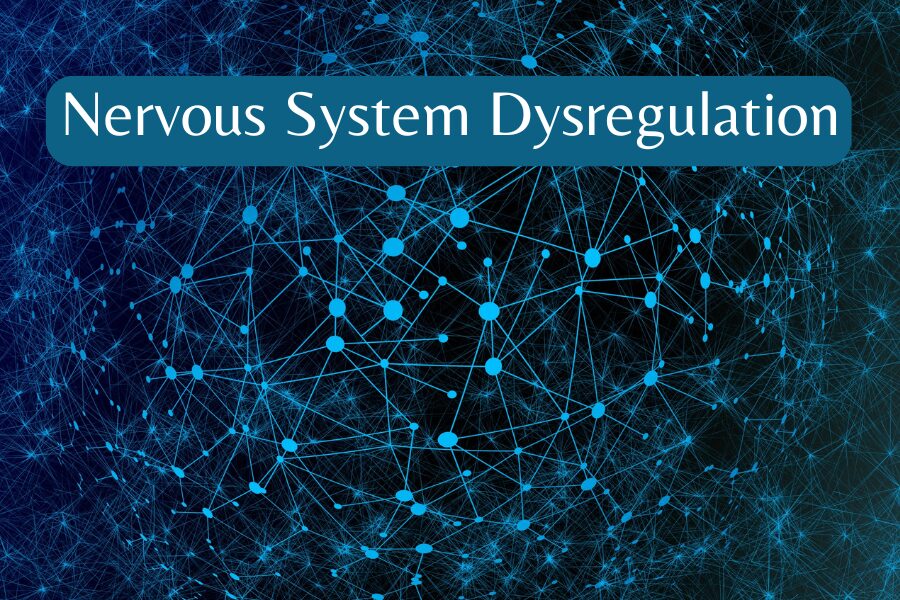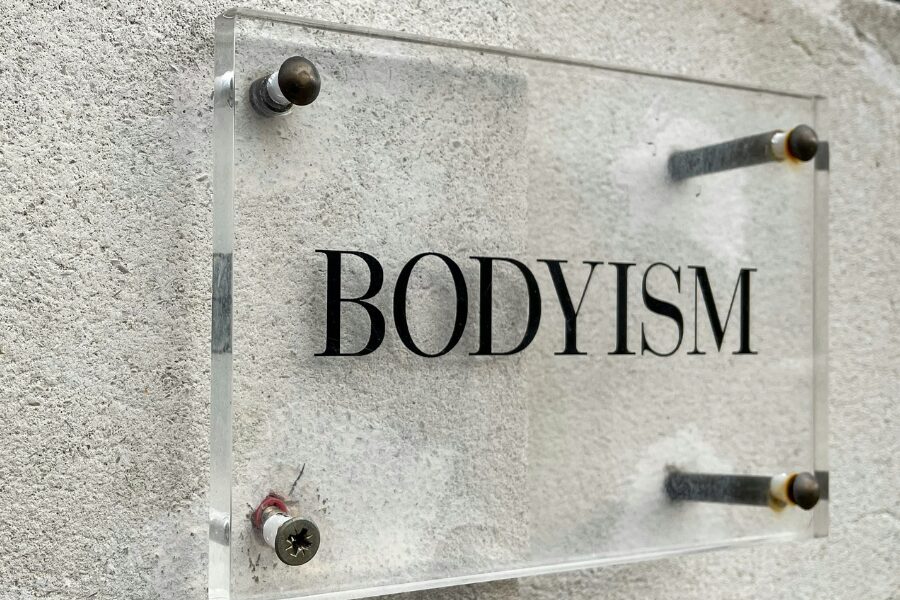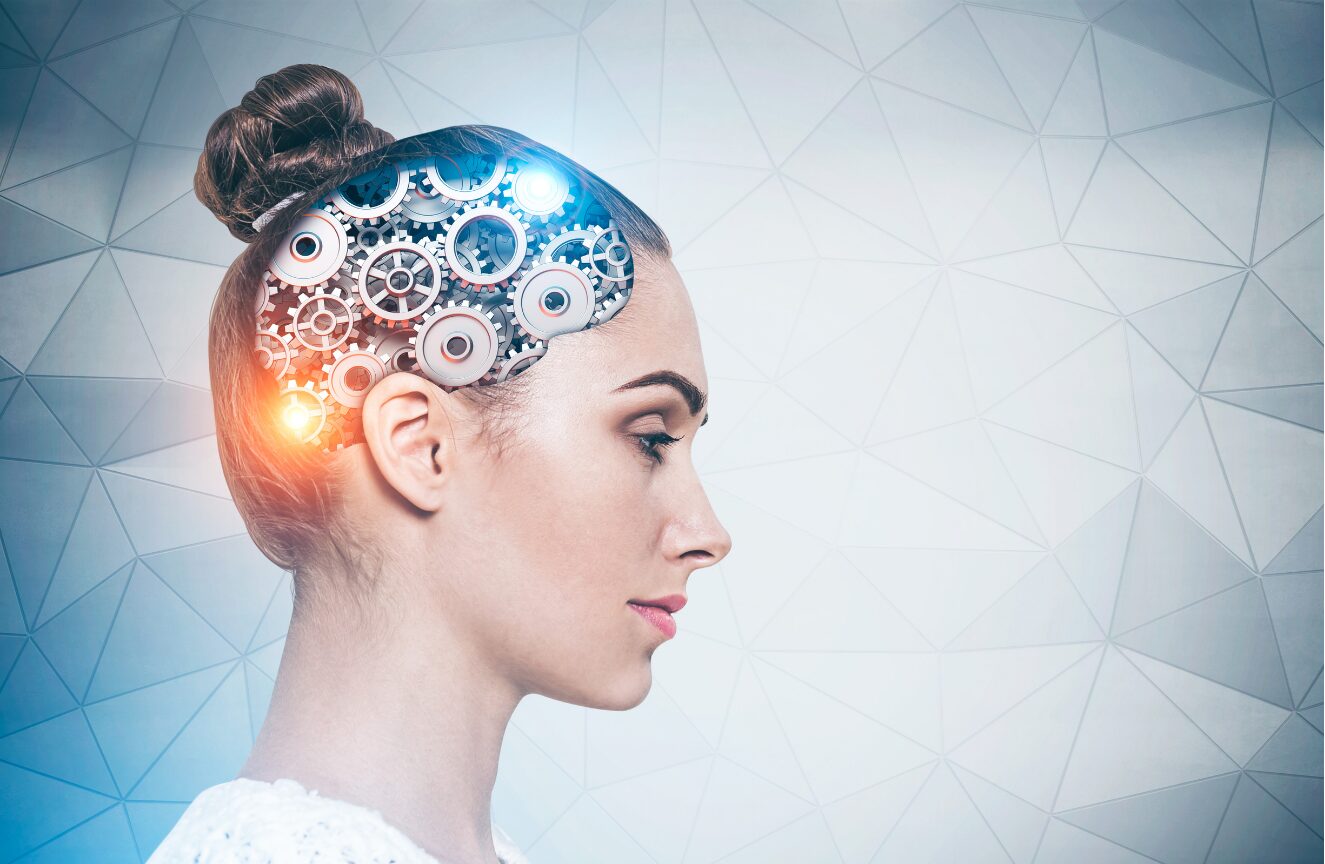Mental stress is a common challenge in today’s fast-paced world.
This post will explore what mental stress is, its impact on our wellbeing and work performance, why traditional stress relievers might not be viable options anymore, and how DTR (Deep Trance Relaxation) techniques can help you de-stress in just 15 minutes.
Let’s dive in.
What is Mental Stress and What Are the Main Symptoms?
Mental stress, often referred to as psychological stress, is the body’s response to challenges or demands.
It’s a state of emotional or mental strain resulting from adverse or demanding circumstances. Unlike physical stress, which manifests through physical exertion, mental stress impacts our emotional and cognitive functions.
Stress can significantly impact various cognitive brain functions, making it harder to perform daily tasks effectively. It can reduce your ability to concentrate and stay focused, impair both short-term and long-term memory, and affect your decision-making skills, often leading to indecision or poor choices.
Additionally, stress hinders your ability to think creatively and solve problems, and it can slow down your cognitive processing speed, making it more challenging to understand and respond to information quickly.
The Main Symptoms of Mental Stress are:
– Anxiety and constant worry
– Irritability and mood swings
– Difficulty concentrating
– Memory problems
– Sleep disturbances, including insomnia
– Physical symptoms like headaches and stomach issues
– Feeling overwhelmed and out of control
Understanding these symptoms is crucial for recognizing when you’re experiencing mental stress and taking appropriate steps to manage it.
How Mental Stress Impacts your Wellbeing and Performance at Work
Mental stress can significantly impact both your personal wellbeing and professional performance. It affects your physical health, emotional stability, and cognitive functions, which are all essential for maintaining productivity and efficiency at work.
Effects on Wellbeing:
– Physical Health: Chronic stress can lead to severe health issues such as heart disease, hypertension, and a weakened immune system.
– Emotional Health: Persistent stress can cause anxiety, depression, and burnout.
– Cognitive Function: Stress impairs memory, reduces attention span, and makes decision-making more difficult.
The Effects on Work Performance are:
– Reduced Productivity: Stress decreases focus and efficiency, leading to mistakes and lower quality work.
– Increased Absenteeism: High stress levels can lead to more sick days and a lack of motivation to attend work.
– Poor Work Relationships: Stress can cause irritability and mood swings, negatively affecting interactions with colleagues and supervisors.
Why Traditional Stress Relievers Are Not Viable Anymore?
In our hectic society, finding time for traditional stress relief methods can be challenging. While exercise, meditation, and yoga are effective, they require time, energy, and consistency—resources that are often scarce in a busy lifestyle.
The main challenges with Traditional Stress Relievers people face are:
– Time Constraints: Spending an hour at the gym daily is not feasible for many people with demanding jobs and personal responsibilities.
– Energy Levels:After a long day, finding the energy to exercise or meditate can be difficult.
– Complexity:Learning and maintaining meditation or yoga practices can be overwhelming and discouraging for beginners.
These barriers make it essential to find more practical and time-efficient stress relief techniques that can be easily integrated into a busy schedule.

How DTR Techniques Can Help You De-Stress in 15 Minutes
DTR (Deep Trance Relaxation) techniques offer a quick and effective solution to mental stress. These techniques leverage the power of deep relaxation to reduce stress and restore mental balance in just 15 minutes and you can do it at your desk, between meetings or during your lunch break.
What is DTR?
DTR involves guided relaxation methods that help reduce brain wave activity to theta and alpha states, which are associated with deep relaxation and meditation. This state of relaxation helps regulate the nervous system and provides immediate stress relief.
Benefits of DTR Techniques:
– Quick and Effective:Requires only 15 minutes, making it perfect for busy individuals.
– Science-Backed:Proven to reduce stress by lowering brain wave activity and promoting relaxation.
– Convenient:Can be done anywhere using your mobile phone and headphones—at work, at home, or even during a break.
Try Our Free DTR Technique
Click here👇 to grab your free session before it’s gone.
Remember, prioritizing your well-being is essential for long-term professional and personal success.
DTR is a powerful tool to help you reduce stress at work in 15 minutes, boost your focus and productivity, and stay calm throughout your busy workday.
Reclaim your peace and productivity today!
Reduce stress at work, advocate for yourself, and build a work life that empowers you to thrive!
To your wellbeing,









0 Comments